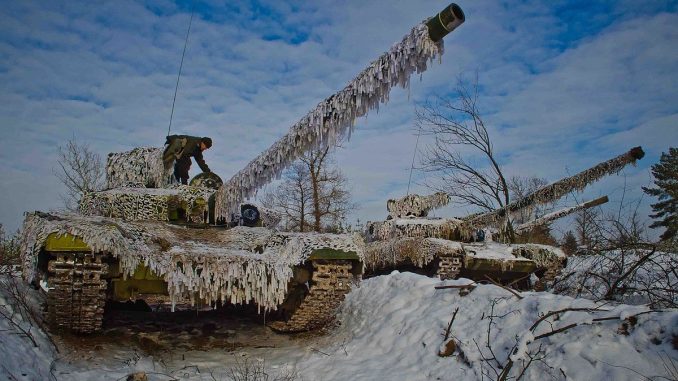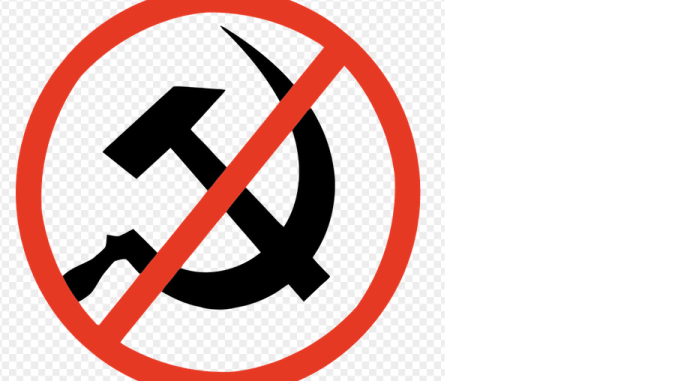Peloni: Following the outbreak of WWII, Marcus eerily seemed to find himself in what was to be a series of important positions, positions which allowed him an important insight as well as an important input into vital international events surrounding the war and post war years. Here are the highlights of these events, events which helped guide Marcus onto the path which Feldstein describes in the article below.
During WWII, Marcus was involved in many of the international conferences which formed what would come to be the post-war world, including those at Cairo, Dumbarton Oaks (where the UN was initiated), Tehran, Yalta, and Potsdam. He played an important role in drafting the Italian surrender, the unconditional surrender of Germany, as well as the manner in which Germany would be ruled in the post war period. Later, after the end of WWII, Marcus was attached to the staff of General Lucius D. Clay, commander of US occupation forces in Germany. In that role, Marcus came face to face with the horrors of the Holocaust as he and the rest of Clay’s staff were ordered to tour the now liberated Dachau concentration camp. Having already been well aware of the Nazi war crimes, Marcus’ visit to Dachau still had a devastating effect up0n him, ultimately changing his outlook on the topic of Zionism. Never having been inclined towards Zionist ideals, Marcus came to appreciate the import of founding a Jewish State. Following this, Marcus took on a role of improving the accommodations for the alarming number of displaced persons in Europe. These events helped Marcus in what was to follow in 1946, as he came to lead the Pentagon’s War Crimes Division. In that role, Marcus chose the judges, lawyers and prosecutors who would participate in the war crimes tribunals in both Nuremberg and Tokyo. During this time, Marcus was acutely concerned that the horrors of the Holocaust were accurately and completely documented. In 1947, Marcus was honored with the prestigious option of joining the US embassy staff in Moscow, but instead he chose retire from public service altogether. Sometime shortly afterwards, he was approached by Major Shlomo Shamir. Shamir had been tasked by Ben Gurion to help find someone who might train the fledgling Jewish forces in Palestine into an functioning army. Upon failing to find someone else to carry out this task, Marcus volunteered for the role himself.
Jonathan Feldstein| June 11, 2025
 Mickey Marcus with his ADC Major Alex Broido during the Burma Road campaign. This photo is available from National Photo Collection of Israel, Photography dept. Government Press Office (link), under the digital ID D359-083., Public Domain
Mickey Marcus with his ADC Major Alex Broido during the Burma Road campaign. This photo is available from National Photo Collection of Israel, Photography dept. Government Press Office (link), under the digital ID D359-083., Public Domain
Among the most cherished books in my library is a weathered first edition of “Cast a Giant Shadow,” the story of Col. David “Mickey” Marcus, based on which the classic 1966 film by the same name was produced starring Kirk Douglas. Having retired from his military career following WWII, Col. Marcus was recruited in 1947 to serve as advisor in creating what would become the Israel Defense Forces, IDF.
Read more…














